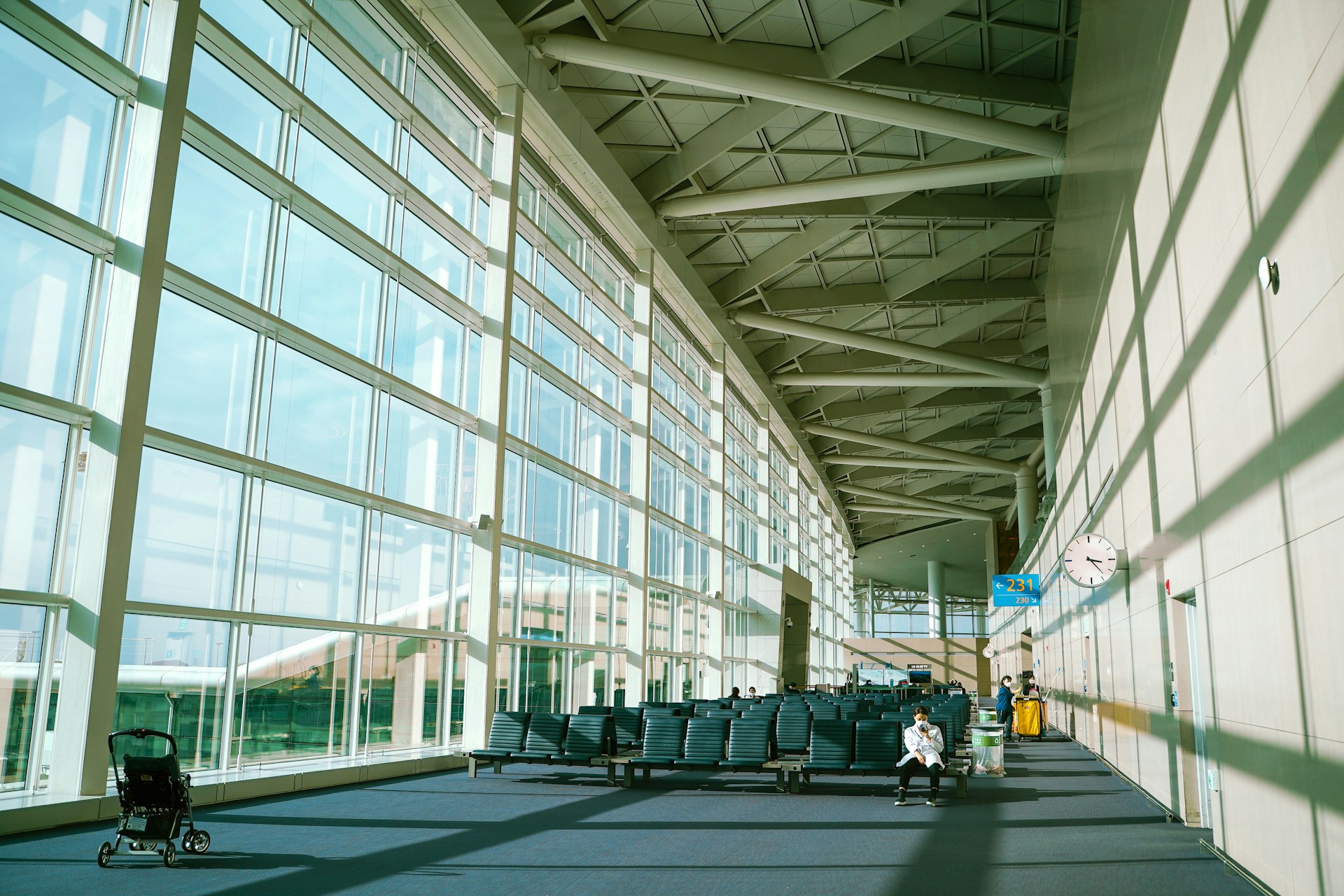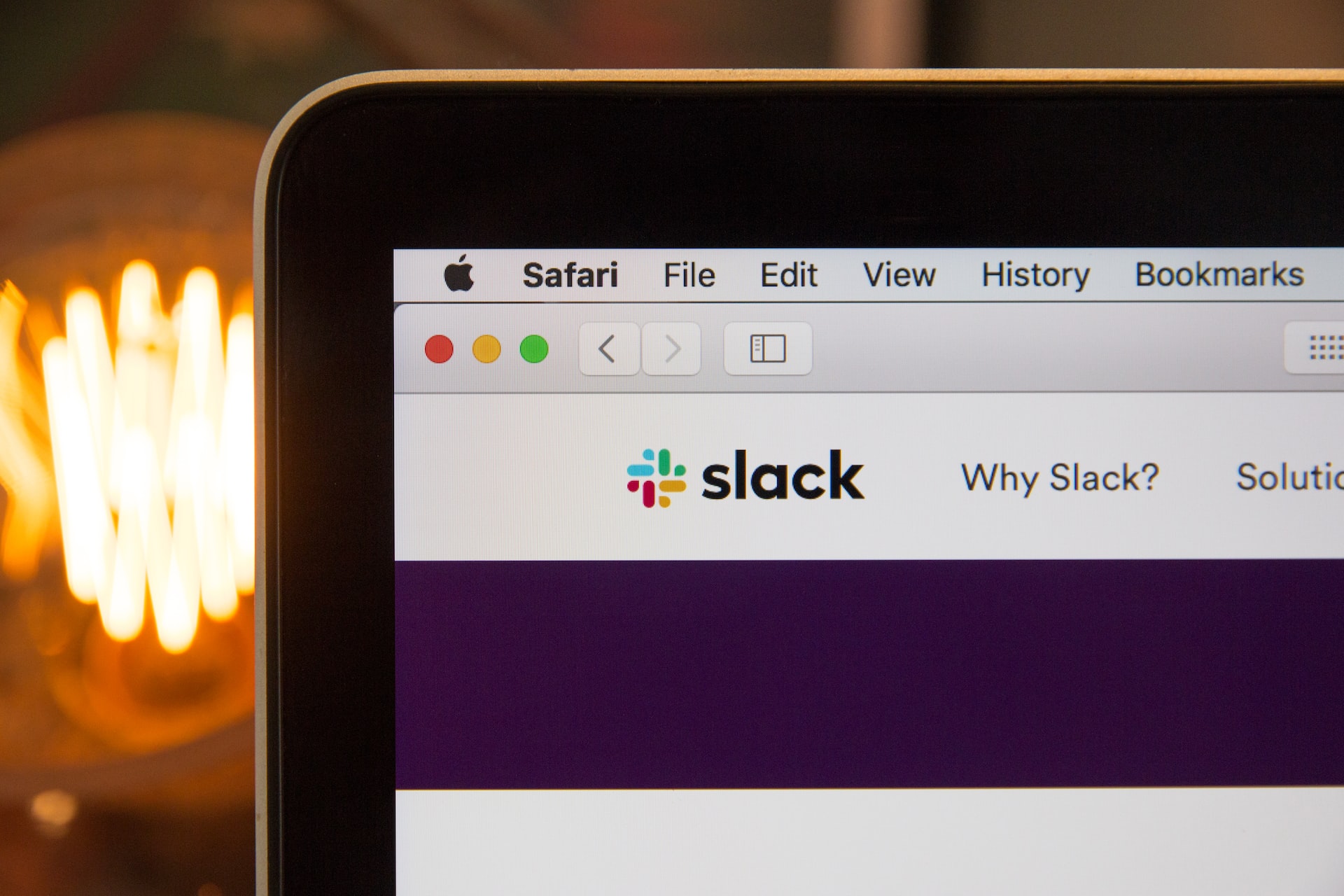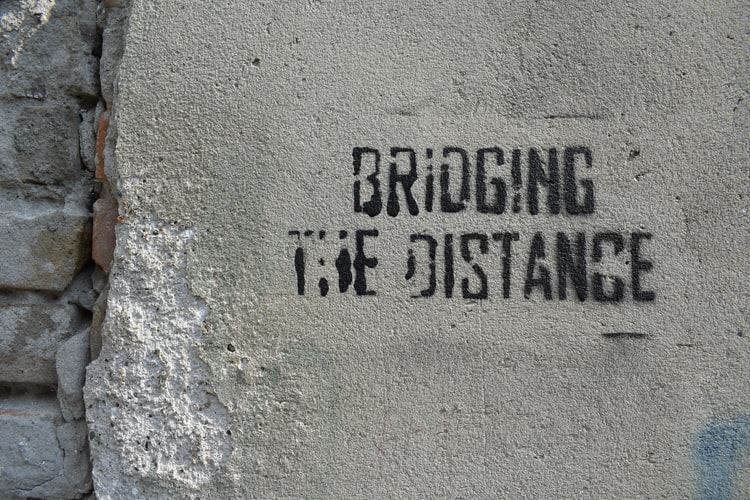The Martide Guide to Navigating Crew Change Challenges

As a Crew Manager or Manning Agent, you know too well that the maritime industry faces numerous challenges when it comes to managing crew changes - something that are crucial for the well-being of seafarers and the efficiency of ship operations.
Navigating these complexities requires a comprehensive understanding of visa requirements, travel restrictions, and logistical considerations. In this blog post, we’re going to explore the key challenges associated with crew changes and share some tips and best practices for managing crew changes effectively.
The importance of crew changes
You don’t need us to tell you how important crew changes are: They’re essential for maintaining the health, safety, and productivity of seafarers. Regular crew rotations help prevent fatigue, boost morale, and ensure compliance with international regulations such as the Maritime Labour Convention (MLC) 2006.
However, orchestrating seamless crew changes involves overcoming some significant obstacles. For example, you may have found yourself facing some, if not all, of the obstacles we’ve listed below.
What are some challenges in organizing crew changes?
Visa requirements
Complex and varied regulations: Different countries have different visa requirements for seafarers, which can complicate the planning process. Obtaining the necessary visas often involves navigating complex and varied regulations, which can change frequently.
Time-Consuming Processes: Visa applications can be time-consuming, requiring extensive documentation and sometimes lengthy processing times. This can delay crew changes and disrupt schedules.
Travel restrictions
Global health crises: If there’s one thing that the COVID-19 pandemic taught us, it’s that unprecedented travel restrictions can be introduced almost at the drop of a hat. This, obviously, made it challenging to move crew members between countries. Quarantine requirements and limited flight availability further complicated travel plans and as such it’s important to have a back up plan in place in the event of something like this happening again.

Political instability: Political issues and diplomatic relations between countries can also impact travel, creating additional hurdles for crew transfers.
Logistical considerations
Port restrictions: Some ports have restrictions on crew changes due to security concerns, local regulations, or limited facilities. This can necessitate rerouting ships to alternative ports, increasing costs and transit times.
Coordination with multiple stakeholders: Coordinating crew changes involves multiple stakeholders, including shipowners, manning agencies, port authorities, and travel agents. Ensuring effective communication and coordination among these parties is critical but often challenging.
Health and safety protocols
Medical checks: Crew members often need to undergo medical examinations and vaccinations before joining or leaving a vessel. Ensuring compliance with these health protocols is essential but adds another layer of complexity.
Mental health: Prolonged periods at sea without the possibility of shore leave can take a toll on the mental health of seafarers. Facilitating timely crew changes is crucial to prevent burnout and ensure the overall well-being of the crew.
Best practices for managing crew changes and transfers
Now let’s take a closer look at some of the things you can do to make crew changes less stressful for you, your team, and your crew.
Advance planning and flexibility
Proactive planning: Start planning crew changes well in advance. This includes applying for visas early, booking flights, and scheduling medical examinations. Proactive planning allows for adjustments if unexpected issues arise.

Flexibility and contingency plans: Be prepared to adapt to changing circumstances. Develop contingency plans for potential delays, alternative travel routes, and backup crew members to ensure continuity of operations.
Our top tip: In Martide’s maritime crew management software solution you’ll find a crew change function. Within this feature is the option to create a crew change and then add another port, airport and berthing date. This is useful if you want to add a 'Plan B' in the event that you need to conduct the crew change at a different port on your vessel’s route.
Streamlining visa processes
Partnerships with agencies: Partner with visa agencies that specialize in maritime crew visas. These agencies can provide expert guidance, expedite processes, and keep you informed about any changes in visa regulations.
Digital solutions: Utilize digital platforms to manage visa applications and documentation. Automated systems can streamline the application process, reduce errors, and speed up approvals.
Navigating travel restrictions
Monitoring regulations: Stay updated on the latest travel restrictions and quarantine requirements. This can be achieved through regular communication with consulates, embassies, and maritime organizations.
Collaborate with airlines: Establish strong relationships with airlines to secure seats for crew members and ensure flexibility in case of flight cancellations or changes.
Read more: How Martide Makes Arranging Travel for Your Seafarers Easier
Efficient logistical coordination
Centralized communication: Use centralized communication platforms to coordinate with all stakeholders involved in the crew change process. This ensures everyone is on the same page and can address issues promptly.

Utilize port services: Engage with port agents who have local knowledge and can assist with navigating port restrictions, arranging transport, and ensuring smooth transitions for crew members.
Our top tip: In Martide’s maritime crewing system’s crew change function you can add the relevant port agent’s details to a crew change. Once all info is added and you have your on- and off-signers, you can then copy and paste the URL for that crew change and send it directly to the agent so that they have access to all pertinent information.
Ensuring health and safety
Comprehensive health protocols: Implement and adhere to strict health and safety protocols. This includes regular health screenings, vaccinations, and providing personal protective equipment (PPE) for crew members.
Mental health support: Provide mental health support for seafarers, including access to counseling services, mental health awareness programs, and ensure timely crew changes to prevent extended periods at sea.
Read more: How to Look After Employee & Crew Mental Wellbeing
Leveraging technology
Crew management software: Utilize maritime crew management software - such as Martide’s - to track the availability, certification, and travel arrangements of crew members. These tools can also help in scheduling and planning crew changes more efficiently.
Virtual training and briefings: Conduct virtual training sessions and briefings to prepare crew members for their roles and ensure they are up-to-date with company policies and procedures.
Navigating maritime crew changes: final thoughts
Managing crew changes in the maritime industry involves navigating a complex web of visa requirements, travel restrictions, and logistical challenges.
By adopting proactive planning, streamlining processes, ensuring effective coordination, and prioritizing health and safety, Crew Managers and Manning Agents can overcome these obstacles and facilitate smooth crew transfers.

Implementing these best practices not only enhances operational efficiency but also ensures the well-being and satisfaction of the crew, which is vital for the continued success of your maritime operations.
How Martide can help make crew changes less stressful
Martide’s maritime crew management software has been created as an end-to-end solution for small to medium-sized Crew Managers and Manning Agencies.
From helping you run your maritime recruitment operations more smoothly to providing everything from secure online document storage to making crew changes easier than ever before, our crewing system has you covered for the entire life cycle of your seafarers.
If you’d like to know more about how we can help your maritime recruitment and crew planning departments run more smoothly and efficiently, request a no-strings attached demo today and let us show you how we can help you.

Eve Church
Eve is Martide's content writer, publishing regular posts on everything from our maritime recruitment and crew planning software to life at sea. Eve has been writing professionally for more than two decades, crafting everything from SEO-focused blog posts and website landing pages to magazine articles and corporate whitepapers.
UK


